It’s spring in northern California, and despite the pandemic, or because of it, numerous people cross the footbridge on bikes or foot on a hazy, warm Sunday afternoon. I sit about 75 meters upstream from the bridge, and though I’m in the open, few passersby see me from the narrow park road across and above the stream. I wave at the ones who do.
The water ripples by with washboard effect in this section of the stream, masking most of the noise from vehicles on the road adjacent to the park. Occasionally an especially loud car or truck, or the dark, throbbing bass of a boom box, penetrate the stillness, but the noise does not disrupt the inclusive awareness of meditation.
I look up to see a female mallard less than five meters downstream. She is lingering warily along the bank, treading the gentle current. I can feel her awareness of me, and don’t move. She inches closer in the next few minutes. Suddenly she explosively bursts into the air, so close that I feel drops from the stream rain onto my skin.

Doing nothing–simply intensely and undividedly observing everything that is happening outwardly and inwardly–is the highest action that a human being is capable. Social and economic busyness, most of it non-essential to say the least, has been the American way. Will it resume?
Initiating the movement of negation is essential. Learning the art of negation is vital for the health of the mind and body. The movement of negation spontaneously ignites with sufficient attention to unwilled and undirected attention to thoughts and emotions as they arise.
Obviously, for the brain, like the body, to operate optimally, it has to empty itself of harmful and unnecessary accretions. Psychological and emotional accumulation is taken as a given however, even a good thing. It isn’t. And It’s not just a matter of ‘information overload,’ but of absorbing toxic content from the toxic culture.
The mind stores experiences that are also imprinted on the emotional centers in the brain. If one knows how to observe the movement of oneself, these mental and emotional memories will spontaneously unfold, and tell their story.
The process of being passively aware of mental and emotional accumulations, of allowing thoughts and emotions to flow forth into awareness and be released by choicelessly attending to them, is the process of negation in meditation.
Unless one is actually in a meditative state of awareness, experience leaves a residue in memory and emotion of which we are largely unaware. We try to retain positive experience, and avoid negative ones, but all experience is negative in the sense that that it accumulates, programs us and prevents fresh experiencing.
The universe has no center, so why do we? Observing thoughts and emotions as they arise, without judging, choosing or even naming them, one’s awareness effortlessly shifts from self-centered to center-less. Then we are experiencing life as it is.
Though it requires daily diligence to sit quietly and allow the mind and heart to tell their story without interference, one’s gains mental and emotional health, and remains young in mind and heart. It simply requires an understanding of right observation, which is undivided and unwilled, as well as taking the time every day to passively watch the film of oneself run.
That isn’t the same thing as letting the mind wander. True meditation, as opposed to the techniques and methods that the self-promoters peddle, cannot be bought or taught. It simply involves two things—allowing thoughts and emotions the freedom to be, and attending to them as they arise without choice or interpretation.

Most people, especially in this hyper-individualized culture, are not aware of the culture–the sea in which we all swim. Pointing it out to them is like the fish that awakens and says, “Look at all the water!” To which her friend replies, ‘what water?’
It’s no joke however. Animals near the top of the food chain—otters, seals, birds, dolphins, and even whales—have been washing up dead on the Pacific coast. Scientists think this disturbing phenomenon, whose immediate cause appears to be toxic algae growth, is the result of many factors—pollution, climate change, over-fishing, environmental stress, etc.
But it is both a metaphor and physical expression of the cumulative effects of the buildup of poisons in and from human consciousness. Without regularly initiating the movement of negation through passive awareness gathering undirected attention, toxic accumulations will continue build up–in the environment, and within us.
Martin LeFevre
No comments:
Post a Comment